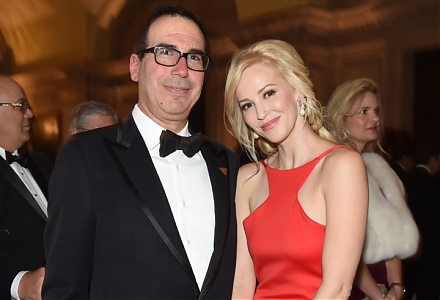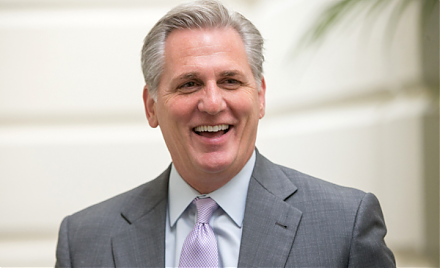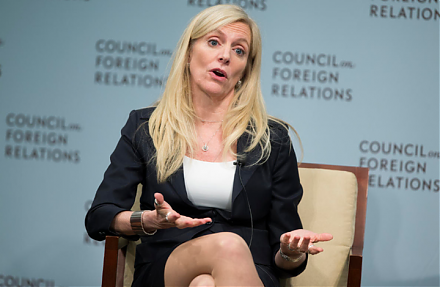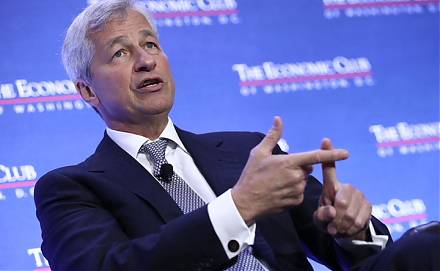

2019-02-25 12:41:00 Mon ET
treasury deficit debt employment inflation interest rate macrofinance fiscal stimulus economic growth fiscal budget public finance treasury bond treasury yield sovereign debt sovereign wealth fund tax cuts government expenditures
Chicago financial economist Raghuram Rajan views communities as the third pillar of liberal democracy in addition to open markets and states. Rajan suggests that communities serve as an indispensable part of a healthy economic society in stark contrast to a key source of market frictions (which may inhibit the smooth operation of the global economy). In recent times, both Brexit and the electoral successes of Donald Trump have shaken the dismal science. Prominent economists begin to consider what can constitute an efficient response to regional economic inequality. For instance, Lawrence Summers and his co-authors empirically demonstrate that both employment subsidies and tax credits should target U.S. regions with more elastic labor participation.
As open markets and states interact with socioeconomic webs of human relations, values, and norms, technological phase shifts tend to rip markets out of those old webs with populist backlashes through human history. Socioeconomic interactions eventually gravitate toward a new equilibrium with a messy and arduous transition. When markets and states scale up, political clout and economic power concentrate in vibrant hubs that prosper to the detriment of peripheral communities. Democracy preserves market competition, and open market competition preserves democracy. Rajan proposes strengthening communities as an antidote to new socioeconomic challenges.
If any of our AYA Analytica financial health memos (FHM), blog posts, ebooks, newsletters, and notifications etc, or any other form of online content curation, involves potential copyright concerns, please feel free to contact us at service@ayafintech.network so that we can remove relevant content in response to any such request within a reasonable time frame.
2018-05-19 09:29:00 Saturday ET

Treasury Secretary Steve Mnuchin indicates that the Trump team puts the trade war with China on hold. The interim suspension of U.S. tariffs should offer in
2019-08-26 11:30:00 Monday ET

Partisanship matters more than the socioeconomic influence of the rich and elite interest groups. This new trend emerges from the recent empirical analysis
2018-10-11 08:44:00 Thursday ET

Treasury bond yield curve inversion often signals the next economic recession in America. In fact, U.S. bond yield curve inversion correctly predicts the da
2019-11-21 11:34:00 Thursday ET

Berkeley macro economist Brad DeLong sees no good reasons for an imminent economic recession with mass unemployment and even depression. The current U.S. ec
2019-12-19 14:43:00 Thursday ET

JPMorgan Chase CEO Jamie Dimon views wealth inequality as a major economic problem in America. Dimon now warns that the rich Americans have been getting wea
2020-11-22 11:30:00 Sunday ET

A brief biography of Andy Yeh Andy Yeh is responsible for ensuring maximum sustainable member growth within the Andy Yeh Alpha (AYA) fintech network pla